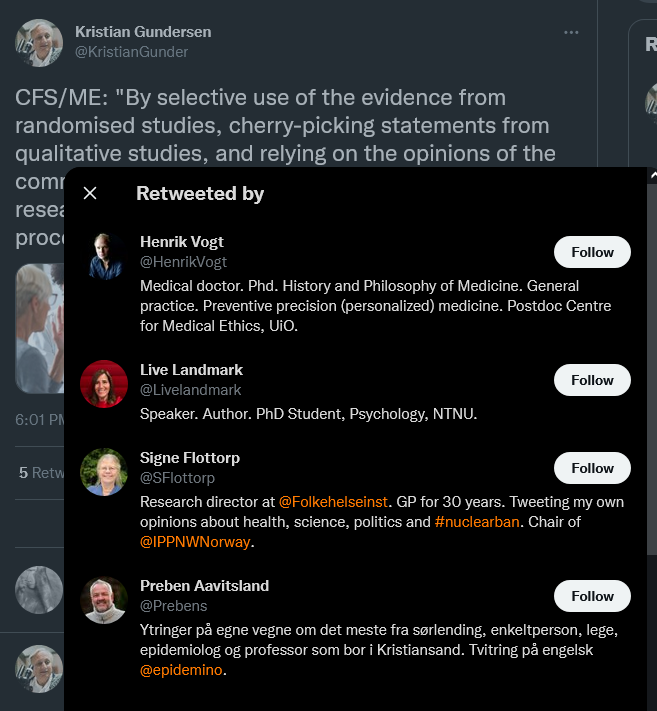My Star Trek signature quote applies perfectly to this, we do everything right and still lose. Again and again, until we win we will keep losing a lot. Lots were accomplished, but it still makes no difference. This is not our failure, the patient community is doing everything right. This is a struggle for civil rights, we are considered wrong until it is accepted otherwise. We can't make the people in power comply to reality and they can invent an alternative reality, like dismissing us vaguely as activists without a cause.
The reaction to the guidelines says it all, it is unhinged to the level of fanaticism. But then medicine shrugging off the 2015 IOM report pretty much made it clear that this is a topic in which evidence and reality are irrelevant, this is 100% about perception and decades of beliefs applied without evidence.
I think there's a decent chance that DecodeME will be very useful, but 2 years of Long Covid and still medicine is largely indifferent or hostile and continues to bury the simple truth that has been known for decades and medicine was simply derelict, entirely of their own free will. If this didn't tip the scale, it's no wonder nothing we did could.


